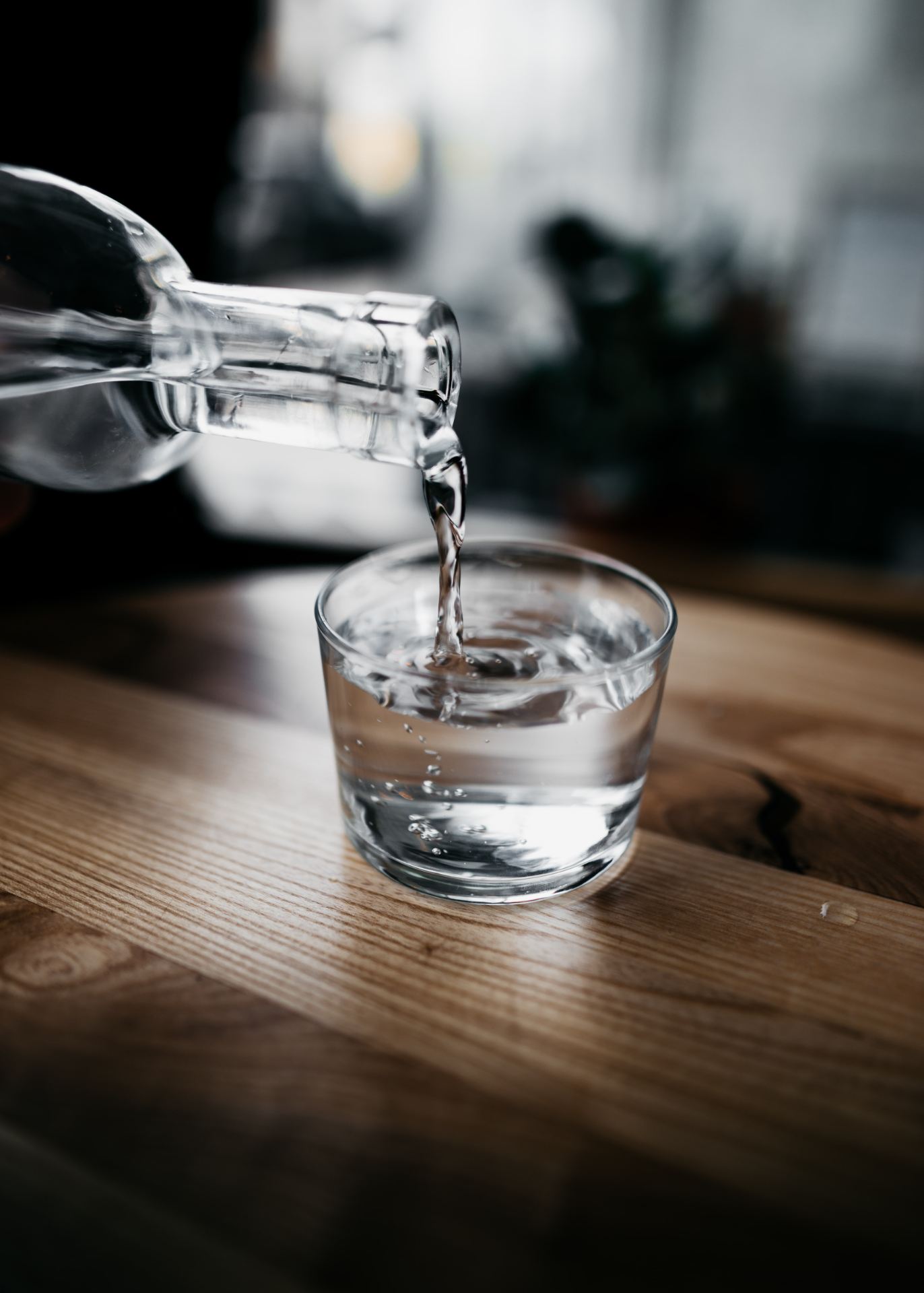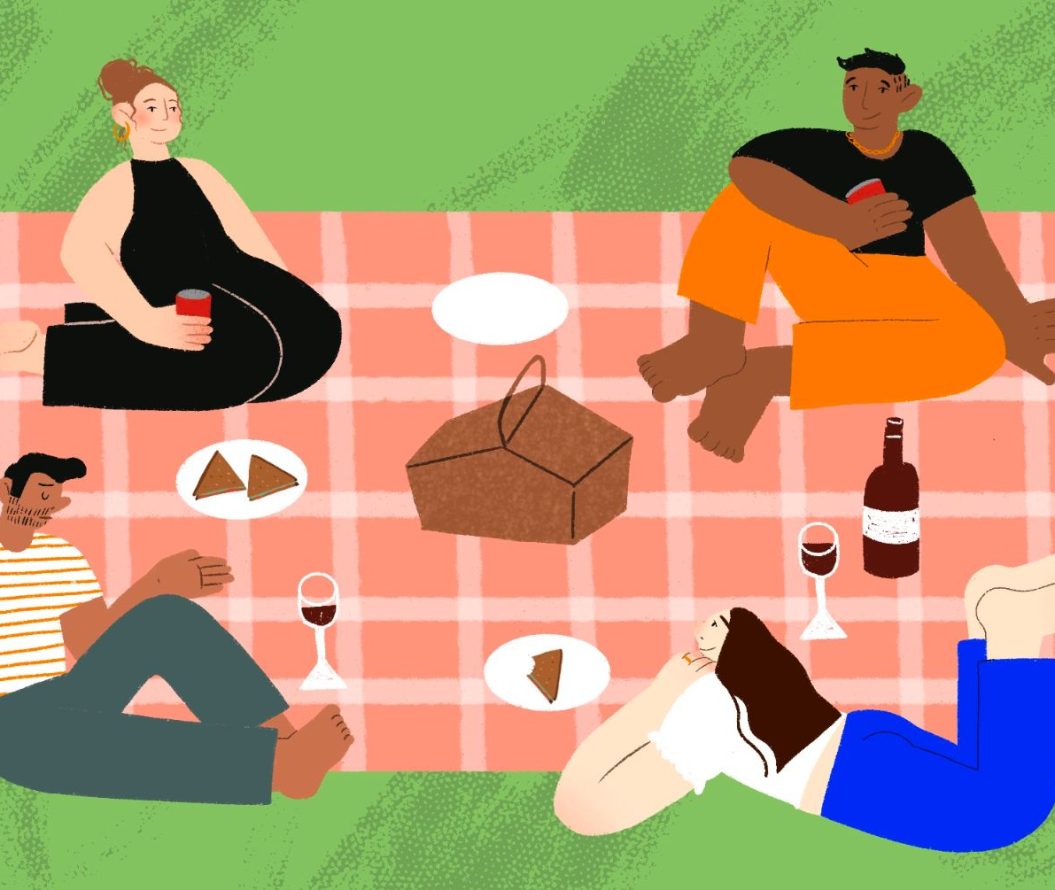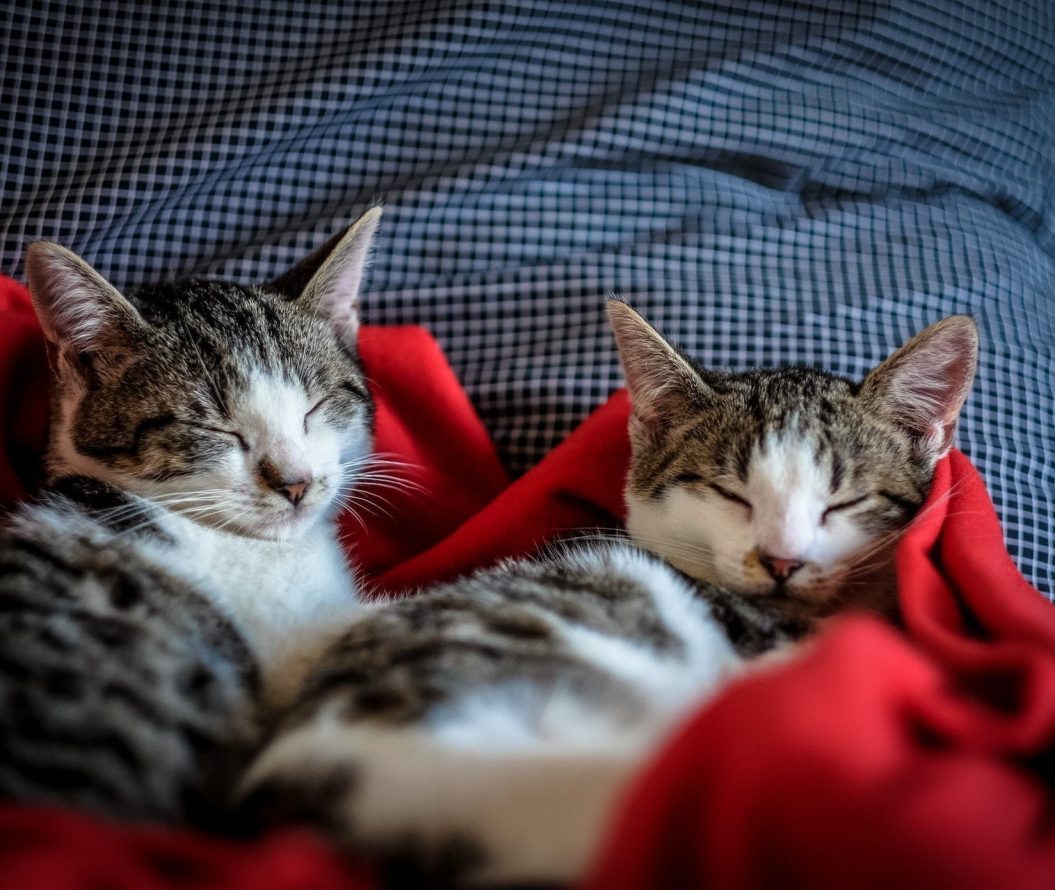
How to save water
97.5% of the world’s water is in the seas and oceans, too salty to drink, and most of the remaining 2.5% is in the ice caps. This leaves very little fresh water available to sustain the needs of over 7.5 billion people. We’ve all been told since childhood to turn the taps off while we brush our teeth, or to have showers instead of baths, but here are some other ideas to help you save water every day.
Washing up
If you have a dishwasher, only run it when it is full. Dishwashers use, on average, around 9.5 litres of water per run. If you only have a couple of things that need cleaning, consider washing them by hand instead, or wait until the dishwasher is full first. Did you know that running a full dishwasher once uses less water than washing up the same amount of things by hand, even if you use a washing up bowl? If you wash up by hand, make sure to avoid leaving the tap running throughout. Scrape food off in the bin and rinse your items first, then use a washing up bowl of water and washing up liquid to clean properly.
Drinking water
If you prefer cold drinking water, consider keeping a bottle or jug of tap water in the fridge. If you do this, you will save water by not running the tap until the water is cold enough to drink first, but still, always have cold water available. Make sure not to leave it for too long, however, as water that has been left in the fridge longer than a couple of days is no longer safe to drink. Try to avoid buying water in plastic bottles, as this also has a huge water footprint due to the way plastic is produced.
Reducing food waste
A large amount of water goes into producing the food we eat, and more than half of the 7 million tons of food the UK bins every year could still be eaten when it was thrown away. If you have the space, buy frozen food instead of fresh. Not only will this prevent food wastage, but it could also save you money. Try meal prepping and freezing leftovers, or simply plan your meals more effectively to reduce the amount you throw away. Check out Love Food Hate Waste for some more ideas on how to lower the amount of food you are wasting.
Meat-free Monday
Did you know that it requires around 2,400 litres of water to make one burger? It may seem like a lot for one small food item, but this considers the amount of water needed by the cow throughout its life and water for the processing of beef into a burger.
Meat, dairy, and non-seasonal vegetables require a tremendous amount of water, so consider making small changes to your diet to reduce your water consumption. Try incorporating meat-free Monday into your meal plan, or reduce the amount of meat and dairy you consume overall, as well as choosing seasonal fruit and veg where possible.
It may not seem like much, but each of us making simple, everyday changes adds up to a whole lot of water. Water is a finite resource, and absolutely necessary for everyone all over the planet – we shouldn’t take it for granted.
The University of Lincoln, in collaboration with the University of Lincoln Students’ Union, is hosting a week of engagement on climate action, in support of COP26. Our aim is to inform, inspire and empower our community to act in response to the Climate and Ecological Emergency that the University of Lincoln declared in 2019.
- Topics
- Eco-friendly
- Food waste
- Vegetarian



